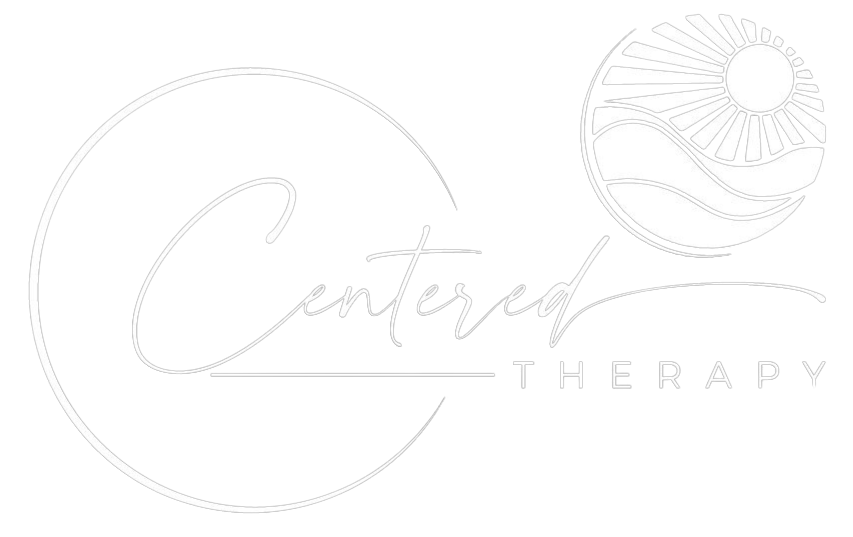What is a Panic Attack?
A panic attack is a sudden “attack” of intense fear that shows up as a severe feeling of dread accompanied by equally troubling physical symptoms, including excess sweating, an accelerated heart rate, trouble breathing, and the feeling that you may pass out. The mental and physical symptoms are so acute that people who are having a panic attack often think they are having a heart attack.
If you suspect that you are having a heart attack, it is best to call 911 and tell them your symptoms to be safe.
Panic Attack Symptoms
The symptoms of a panic attack include:
- A sense of immediate danger or unavoidable doom
- Racing heartbeat
- Dizziness or feeling faint
- Feeling weak, trembling, or shaking
- Sudden sweating, chills, or hot flashes
- Trouble breathing
- Feeling out of control
- Abdominal cramping or chest pain
- Tingling in your hands or feet
- Thinking that you are dying
Panic attacks come on suddenly and can happen at any time. Though they typically only last a few minutes, the feeling is so intense that it seems like a lot longer. Afterward, a person can feel tired or groggy all day. Someone who has had a panic attack may feel anxious several days after and worry about it happening again.
What Causes Panic Attacks?
What separates panic attacks from other kinds of panic is that they are not brought on by real danger, but by thoughts of danger. But when people have panic attacks, they experience the same symptoms of facing real danger. This lack of logical stressors can make a person feel like they are “going crazy.” However, it’s important to note that the feeling from panic attacks is very real, as are the thoughts that caused it. That’s why the best way to deal with recurring panic attacks is to seek help to identify your own unique triggers.
How Common are Panic Attacks?
Each month, 1 million Americans have panic attacks:
- 1 in 3 people with panic disorder also has agoraphobia.
- 40 percent of people with panic disorder also have depression.
- 1 in every 75 Americans will have panic disorder at some point in their lives.
If you experience panic attacks, you are not alone, and treatment can help.
What’s the Difference Between a Panic Attack and an Anxiety Attack?
Although the names sound similar, panic and anxiety attacks are distinct events. Many of the symptoms remain the same. However, the main difference is that anxiety attacks have explicit stimuli that most people would react to.
For example, a person walking home alone at night may have an anxiety attack if they hear footsteps behind them. They may feel the same fear that someone having a panic attack may experience. However, as soon as the footsteps stop or they return home safely, the symptoms would disappear.
Panic Attack Treatment Options
Luckily, most people will only experience one or two panic attacks in their entire life. But if you have recurring panic attacks this may mean that you have a panic disorder. Panic attacks are not life-threatening, but they can be frightening and can affect your ability to function comfortably on a daily basis. This is why it is important to seek help. Treatment for panic disorders can be very effective, and usually includes a combination of medication, therapy, and lifestyle changes.
Medication Treatment for Panic Attacks
Medication for panic disorder is often fast-acting. Patients take these medications when they feel a panic attack coming, and the medication should prevent the episode. Other people may need daily anti-anxiety medication to achieve a healthy baseline. Psychiatrists can prescribe drugs for panic disorder treatment, including SSRIs like Paxil, Prozac, and Zoloft; SNRIs like Cymbalta; or Benzodiazepines like Xanax and Klonopin among other options.
In-Person Therapy for Panic Attacks
Many people with panic disorder benefit from individual therapy. In these sessions, patients and providers work together to identify your triggers. Then, they can find ways for you to better cope with these triggers. This may include changing your thought-behavioral patterns.
Lifestyle Changes for Panic Attacks
Finally, lifestyle changes may be necessary to treat recurring panic attacks. This may mean removing certain stressors, such as a toxic relationship or high-stress job. Lifestyle changes may also mean adding healthy habits to your routine.
How to Stop a Panic Attack in the Moment
Someone who has frequent panic attacks should consult a mental health professional as soon as possible. However, there are strategies to help until you can speak to someone. Although not all methods work for all people, strategies to stop a panic attack include:
- Focus on your breath
- Call it by name
- Grounding
- Methodically relax one body part at a time
- Repeat a helpful mantra
- Naming within categories
Focus on the Breath
Try to breathe deeply and think only of the air coming in and out of the body. Closing the eyes can help you focus on your breathing.
Call it by Name
Naming a panic attack for what it is can take some of its power away by recognizing the absence of real danger.
Try Grounding Techniques
Connecting oneself with surroundings can help slow your thoughts down. Try identifying three distinct sounds, physical feelings, and smells.
Progressive Relaxation
Starting with the feet, consciously unwind each muscle. Stay on each muscle as long as it takes to release any unnecessary tension.
Repeat a Helpful Mantra
It can be a favorite quote or a religious verse. Some options include “This too shall pass,” and “I am safe.”
Try the Categories Technique
Try listing as many things as possible within a category you know well. This could be anything from movies to books to sports teams.
A therapist or psychiatrist can help patients develop techniques that are unique to their situations. To find a therapist to help with your panic attacks start here.
Telehealth Appointments for Panic Attacks
Telehealth appointments have been shown to be as effective as in-person therapy appointments for issues like panic attacks. Centered therapy counseling offers in-person and telehealth appoints so that people can get the help they need in the way that works best for them.

